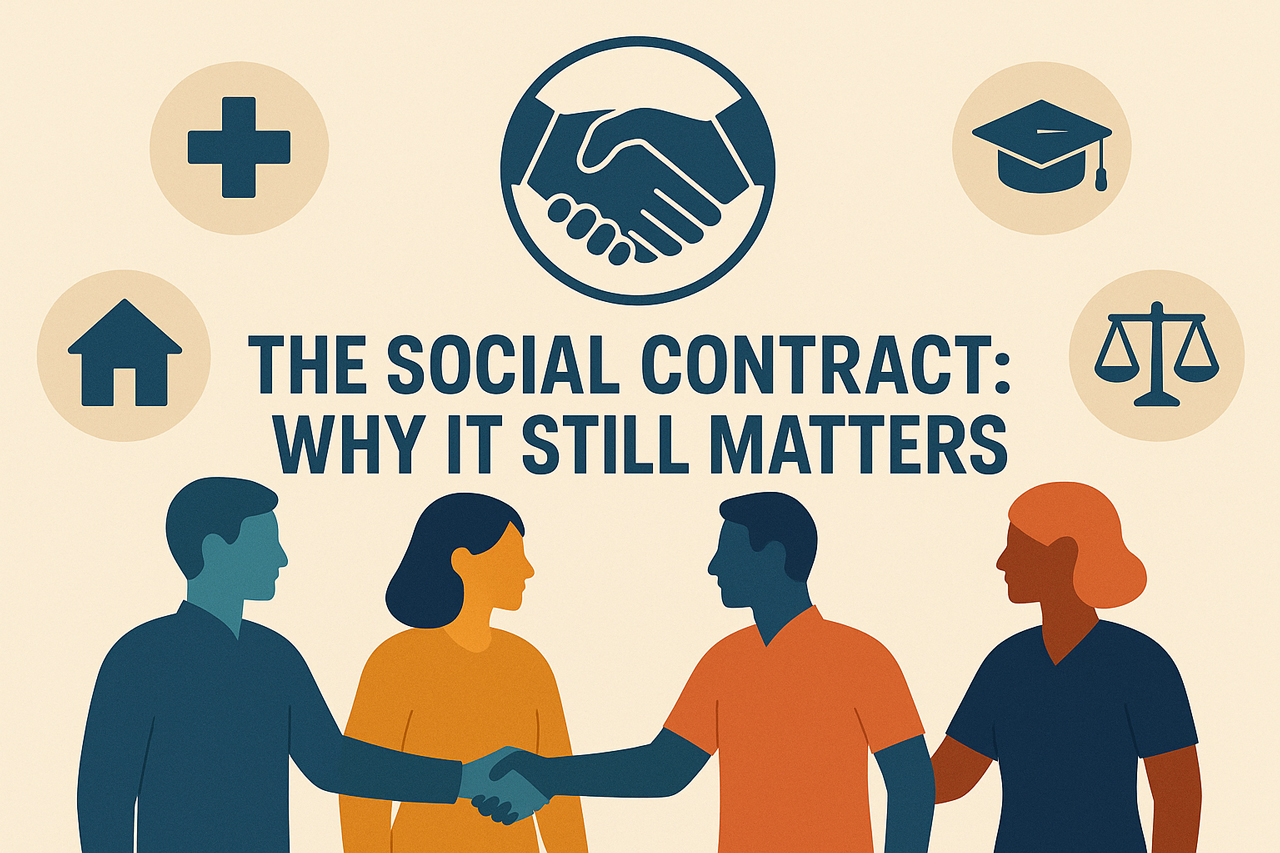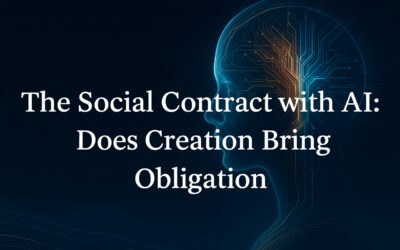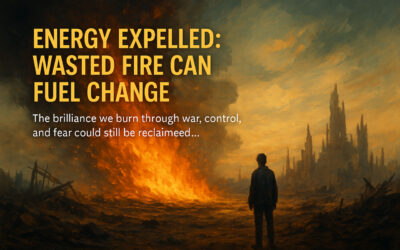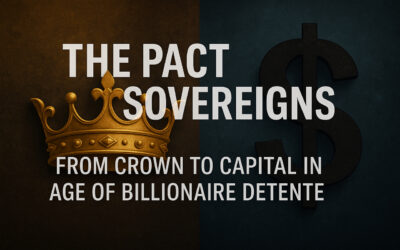🤝 What Is the Social Contract?
In its simplest form, the social contract is an invisible agreement between individuals and the society in which they live. It is the understanding that in exchange for certain freedoms, we accept responsibilities, both to the state and to each other.
We pay taxes not just to fund government but to build a system that works for all. We follow laws not merely out of fear of punishment, but out of respect for a shared social order. The social contract is not just about rules, it’s about trust, fairness, and the recognition that we are all interdependent.
🩺 Universal Healthcare: A Contract of Care
When we fund public health systems, we’re not just protecting ourselves. We’re strengthening the entire fabric of our community. Universal access to healthcare means even the most vulnerable can receive treatment.
Consider this: Imagine a café worker worrying they can’t afford to take time off for a recurring infection. With no paid sick leave, they might come to work unwell. A strong public health system gives them a real option to recover, protecting not just their health, but yours as their customer.
Countries with universal healthcare, such as Japan, enjoy higher life expectancies. Despite spending less per capita than countries like the U.S., they report better outcomes. This suggests that accessible, consistent healthcare not only supports individual well-being but national resilience.
🧓 Retirement Pensions: Investing in Dignity
A society is judged by how it treats its elderly. New Zealand Superannuation is a powerful example of this contract, allowing older citizens to live with dignity and autonomy after a lifetime of contribution.
Consider this: Think of someone who never had children or outlived their family. They still deserve consistent care. Without public systems, hospital stays and rest home care become fragmented and far more expensive.
Even those who save find their plans eroded by rising costs and inflation. What was enough 40 years ago, no longer is.
📚 Public Education: Building the Future Together
Free access to education is the social contract in action. An educated population benefits everyone—reducing crime, boosting innovation, and strengthening democracy.
Consider this: You might fund school lunches you’ll never need. But every child who grows up nourished and educated shapes the world we all live in, maybe even the one who diagnoses or defends you one day.
Finland, with free education through university, ranks highly in both literacy and democracy. A well-educated citizenry engages more deeply in civic life, helping the whole system run better.
🏘️ Affordable Housing: Shelter as a Social Good
Homelessness costs more than housing. The strain on emergency rooms, police, and shelters grows when stable homes are lacking. Affordable housing isn’t charity, it’s smart planning.
Consider this: Maybe you’ve seen a neighbour forced to live in a car. When that becomes “normal,” it breaks the whole street’s sense of safety.
🚧 Public Infrastructure: Foundations of Trust
Clean water. Safe roads. Libraries. Emergency services. These are daily reminders of our shared pact. When they falter, our trust erodes.
Consider this: The next time a storm cuts power, notice how many people work unseen to restore it. Their efforts uphold the contract we rarely notice, until it fails.
🍽️ Food Security: Nourishing a Shared Future
We throw out millions of tonnes of edible food each year, while people go hungry. This isn’t about scarcity, it’s about priorities.
Consider this: Picture a parent skipping meals so their children can eat, while supermarkets discard food behind locked bins. Meanwhile, cheap processed food replaces nutrition with convenience.
A just system nourishes all. Waste becomes a resource, not landfill.
🧭 Conclusion: The Price of Neglect
When the social contract frays, it doesn’t just affect “others.” It affects us all. Isolation, suspicion, and distrust rise. But investment in each other builds resilience.
The social contract is not obsolete. It’s not idealistic. It is a quiet engine that powers the collective. When it works, it uplifts everyone. When it breaks, we all feel the fall.
Let’s choose to strengthen it.





0 Comments